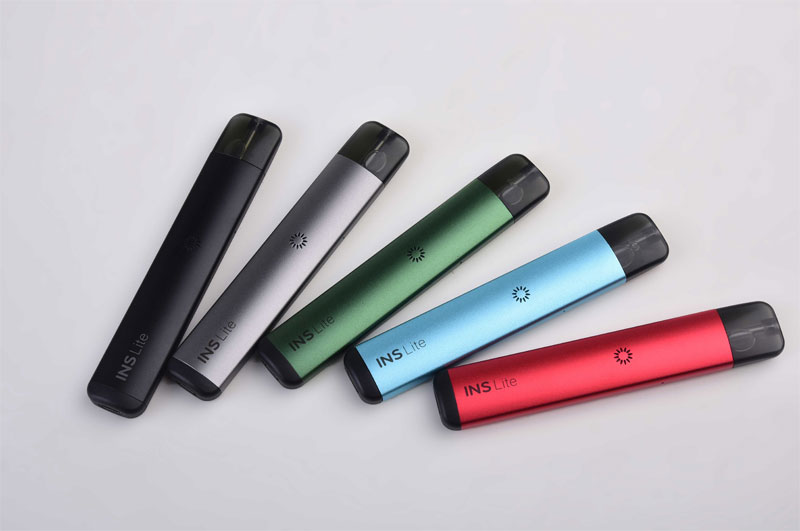The discourse around whether e-cigarettes should be regulated is intensifying, engaging not only health experts but also individuals who prioritize personal freedom. E-cigarettes have rapidly become a popular choice for smokers looking for alternatives to traditional tobacco products. However, their rise in popularity triggers questions about regulation, particularly given the various health implications associated with their use.
Understanding E-Cigarettes
E-cigarettes, also known as vapes, are electronic devices that simulate tobacco smoking. They work by heating a liquid—frequently containing nicotine, flavorings, and other chemicals—into an aerosol that users inhale. While initially marketed as a safer alternative that could help smokers quit, recent studies raise concerns about their safety and the potential for addiction, highlighting the importance of understanding the pros and cons of e-cigarettes.
Health Concerns
The primary argument for regulating e-cigarettes revolves around health concerns. Organizations like the Centers for Disease Control and Prevention (CDC) have noted that e-cigarettes contain harmful substances. Ingredients such as nicotine are notably addictive and may lead to cardiovascular diseases and respiratory issues. Furthermore, some studies suggest links between e-cigarette usage and incidents of asthma and wheezing among adolescents. The presence of these health risks bolsters the argument for strict regulatory measures comparable to those applied to traditional tobacco products.
Personal Freedom
However, regulation also sparks debates over personal freedom. Many users argue that such regulations infringe on their freedom to choose and use e-cigarettes as they deem fit. Unlike traditional cigarettes, e-cigarettes come in various flavors and customization options, allowing users to personalize their experience. For smokers, especially those transitioning away from tobacco, e-cigarettes are viewed as a significant tool for cessation, hence any crackdown on them appears to undermine personal choice and autonomy.
Current Regulations and Potential Changes
Across the globe, countries exhibit varying regulatory approaches towards e-cigarettes. The Food and Drug Administration (FDA) in the United States, for example, has focused on the marketing practices and ingredients used in these devices, demanding transparency from manufacturers. Some jurisdictions have imposed age restrictions, while others have limited where e-cigarettes can be used. However, the regulatory landscape continuously evolves, potentially introducing stricter guidelines to ensure public health safety.
-
Given the ongoing research into the impacts of vaping, it seems likely that further regulatory measures could be implemented. A balance must be struck between safeguarding health and preserving individual freedoms.
-
Public awareness campaigns can facilitate informed choices, ensuring users comprehend both the advantages and risks associated with e-cigarettes.

Regulations are necessary, experts argue, but they should not be so prohibitive as to remove the potential benefits these devices might offer to smokers seeking a safer alternative.
FAQs
- What are the main ingredients in e-cigarettes?
- Typically, e-cigarettes contain nicotine, propylene glycol, glycerine, and flavorings. While some users opt for nicotine-free options, most liquids center around nicotine.
- Can e-cigarettes help smokers quit traditional smoking?
- For some, e-cigarettes offer a viable path away from traditional smoking by reducing reliance on tobacco. However, it is essential to approach their usage with caution due to potential health risks.
- Are there age restrictions on purchasing e-cigarettes?
- Most jurisdictions impose age restrictions, often requiring purchasers to be at least 18 or 21, reflecting the broader regulations surrounding tobacco products.


